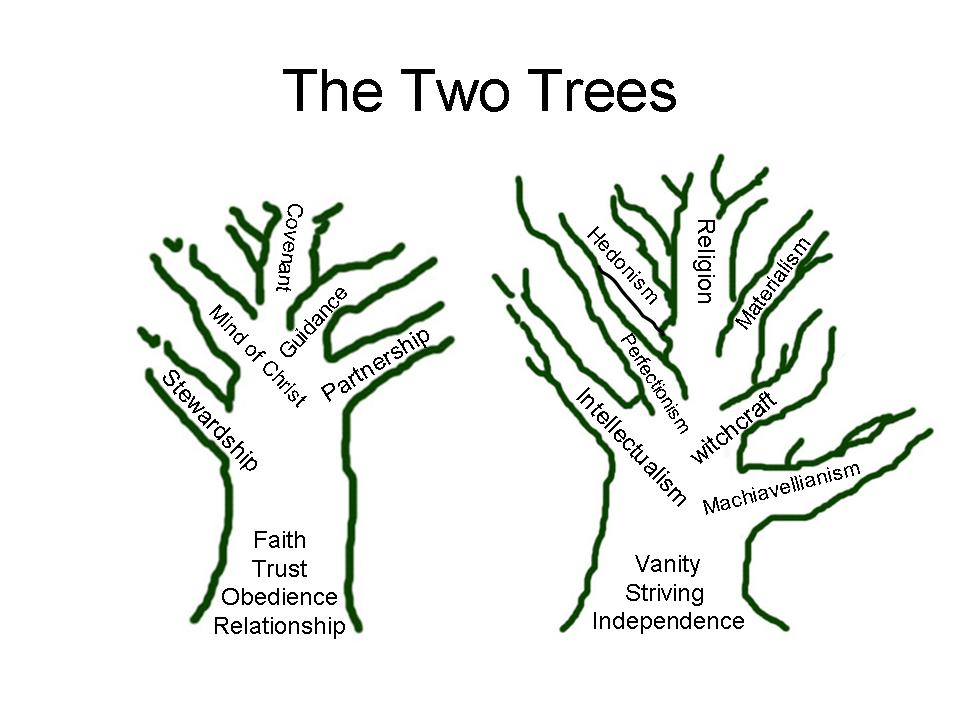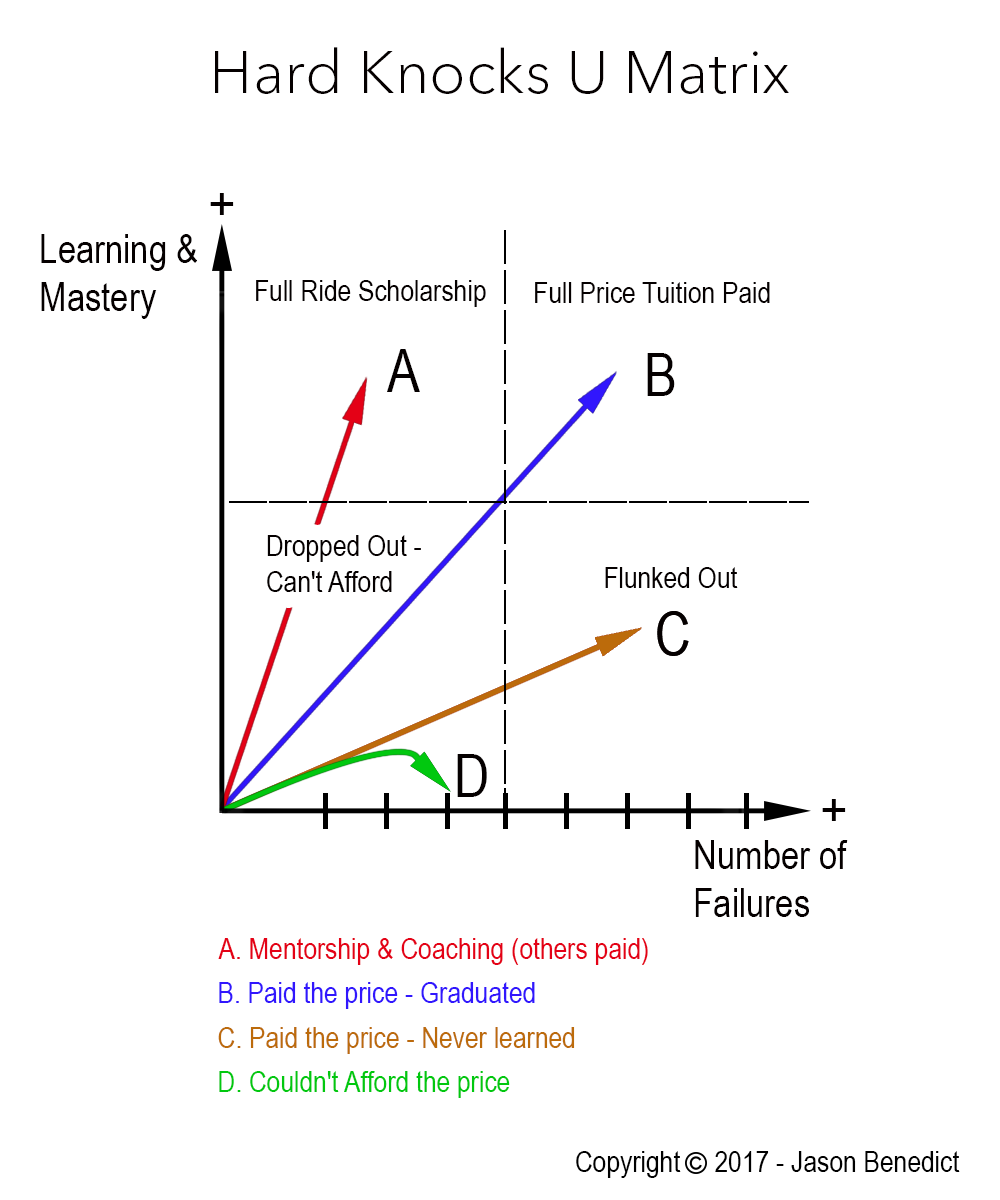by Jason Benedict, RCE Strategist
(Originally published in VOICE for All Nations, a publication of Church for All Nations, May/June 2009)
Look up the word transformation in the dictionary and you will find thing like: a qualitative change, a marked change, an alteration of general character and mode of life. I think of transformation as a radical alteration in the order of things. Regardless of the exact definition used, a quick survey of scripture reveals that God is in the transformation business. Nowhere is this more evident than in the ministry of the prophets throughout scripture. To get a sense of this transformational language, let’s review a few prophetic passages.
God said to Jeremiah, “See, today I appoint you over nations and kingdoms to uproot and tear down, to destroy and overthrow, to build and to plant.” (Jeremiah 1:10)
John the Baptist quoted Isaiah 40:3 when he said, “a voice of one calling: in the desert prepare the way for the LORD.” Verse four reads, “Every valley shall be raised up, every mountain and hill made low; the rough ground shall become level, the rugged places a plain.”
When Jesus announced his earthly ministry he quoted from Isaiah 61:1. “The Spirit of the Sovereign LORD is on me, because the LORD has anointed me to preach good news to the poor. He has sent me to bind up the brokenhearted, to proclaim freedom for the captives and release from darkness for the prisoners.”
Verse four of the same chapter continues this transformational prophecy with, “They will rebuild the ancient ruins and restore the places long devastated; they will renew the ruined cities that have been devastated for generations.”
If God is in the transformation business it is fair to say that you and I, his people, must be in the transformation business! If this is the case we need to know how transformation takes place. By discussing the prophetic ministry, we have already introduced elements of the answer, now let’s take it farther.
We live in a universe that is created by our Lord and savior Jesus Christ. This may seem Sunday school simple, but I don’t thing we really get the significance of this truth. We need to understand that the very fabric of reality is infused with His truth and revelation. The character and person of the Son of God comprises the metaphysical underpinnings of all existence. Scripture says it this way, “but in these last days he has spoken to us by his Son, whom he appointed heir of all things, and through whom he made the universe. The Son is the radiance of God’s glory and the exact representation of his being, sustaining all things by his powerful word. Heb 1:2-3 NIV)
We could express it this way, God has hardwired the universe to operate according to biblical principles, according to truth. God created man to steward the creation (Gen 1:26), and to the extent that man operates in alignment with God’s truth, things work. They more than work, they flourish! However, when man lives in contradiction to God’s commands and principles, things break down and go awry.
This is where the Church must play an important role – The church is called to be a prophetic people! During the outpouring of the Holy Spirit, on the day of Pentecost, Peter quoted the prophet Joel saying, “’In the last days, God says, I will pour out my Spirit on all people. Your sons and daughters will prophesy, your young men will see visions, your old men will dream dreams. Even on my servants, both men and women, I will pour out my Spirit in those days, and they will prophesy. (Acts 2:17,18 NIV)
Today there is a lot of emphasis on personal prophecy, and I have experienced wonderful examples of personal prophecy. Nevertheless, this is not exactly what I am talking about.
Throughout history, whenever the institutions of society would stray from God’s purposes, word, etc. He would raise up prophets to call them back into alignment with His will and with His truth.
For example, when the institution of the priesthood was corrupt under Eli God raised up Samuel. When kings sinned and introduced corruption into the institution of government God sent his prophets: Nathan to David, the Judean prophet to Jeroboam, and Elijah to Ahab. God raised up the prophet Micah to prophesy against corruption in economic institutions, “Am I still to forget, O wicked house, your ill-gotten treasures and the short ephah, [a measure of volume] which is accursed? Shall I acquit a man with dishonest scales, with a bag of false weights? (Micah 6:10,11 NIV)
We even see this kind of prophetic ministry in the earthly ministry of Jesus when he drove the money changers from the temple. Many have misunderstood these verses as a prohibition of business in the church or as a warning against the evils of business. In reality what angered Jesus was the sick irony of what was happening in the temple courts.
In Isaiah 56 the Lord says, “my house will be called a house of prayer for all nations.” [emphasis mine] This desire was built into the very architecture of the temple. A special place was set aside for those from other nations to come and worship the one true God. This place was called the court of the Gentiles. In Solomon’s prayer of dedication he prayed, “As for the foreigner who does not belong to your people Israel but has come from a distant land because of your name- for men will hear of your great name and your mighty hand and your outstretched arm—when he comes and prays toward this temple, then hear from heaven, your dwelling place, and do whatever the foreigner asks of you, so that all the peoples of the earth may know your name and fear you, as do your own people Israel, and may know that this house I have built bears your Name. 1Kings 8:41-43 NIV. The court of the gentiles was built to facilitate gentile worship of YHWH!
Corrupt money changers had filled this very court with schemes to rip off these foreign worshipers. Jesus was outraged to see that business, which He had created as a means to bless all nations, was being abused to keep gentiles from worshiping in His house! So in a dramatic prophetic act he brought truth into the situation with authority and the power of the Holy Spirit. In this event and those listed above we see a template for transformation.
When it comes to effecting transformation in a society the economic institutions are of particular strategic importance. Business and enterprise have the potential of being sources of great blessing or of great corruption. For example, consider how recent problems with our economic institutions have rocked all the other institutions of life both in the USA and around the world. For this reason the Church needs to take special interest in bringing transformation to this area. Other important institutions are: media, education, science, religion, government and family.
With regard to each of these areas God is calling the body of Christ to fulfill our role as a prophetic people and bring the truth, presence and power of God into these institutions. This doesn’t mean that we are supposed to run around in camel hair girdles, eating locust and condemning corruption. It means that wherever God has placed us we need to be engaged and full of the power of the Holy Spirit so that we can be a catalyst for God’s purposes. In the book of revelation it says, “the testimony of Jesus is the spirit of prophecy.” (Rev 19:10 NIV)
This gives special poignancy to the revelation that Christ is in us and desires to work through us in the marketplace, the courtroom, the classroom, the living room, the press room and the laboratory. By the power of the Holy Spirit, John said it this way, “You, dear children, are from God and have overcome them, because the one who is in you is greater than the one who is in the world.” (1John 4:4 NIV)
Paul said, “For though we live in the world, we do not wage war as the world does. The weapons we fight with are not the weapons of the world. On the contrary, they have divine power to demolish strongholds. We demolish arguments and every pretension that sets itself up against the knowledge of God, and we take captive every thought to make it obedient to Christ.” (2Cor 10:3-5 NIV)
What are the weapons that God has given us to bring transformation to the different institutions of society? They include proclamation of truth, demonstration through good works and dominion through excellence and creativity. Other weapons in our arsenal are the gifts and power of the Holy Spirit. So, how can all this work together to bring transformation?
An area of research that I have followed with some interest is the use of multi-factor modeling as a forecasting tool. Simply put, those who are trying to forecast outcomes in business, economics, the environment, and other domains. have found it useful to try to develop comprehensive models that take into account all the factors (multi-factor) that influence a certain outcome. One area where this is used is in the forecasting of economic growth and productivity. For example, someone might say, to experience economic growth we need more skilled labor and more capital. A multi-factor approach would contend that you also need to consider the impact of: Natural resources, governance/freedom, infrastructure, social capital and human capital. Each of these things contributes to the equation.
Similarly, I think we need to consider a multi-factor approach to bringing transformation to businesses, communities and nations. In recent years there has been a call to prayer, and this is a great start, but the body of Christ needs to impact all of the following factors if we want to see transformation.
- We need to train, coach and mentor godly leaders for each of the institutions of society. Business, media and government seem to be of particular importance.
- We need to get the word out to the grass roots. Rank and file Christians for the most part don’t realize that God wants them to engage society, and that He has a plan for what they do Monday-Friday. Only one in ten evangelicals have ever heard a message from the pulpit on God’s purpose for the marketplace.
- We need to see a reformation in the institutions. This is an overhaul of systems, strategies and structures to bring them into alignment with God’s purposes: Government God’s way, Business God’s way, Family God’s way, etc. This will happen as believers in the power of the Spirit, use God’s creativity, insights and power to take dominion where God has placed them.
I hope that this understanding will fill your Mondays with new meaning. When you show up you are God’s force bringing his Kingdom, power and life on the scene. However, one principle we need to remember is that transformation should begin with us. To be effective we need to spend time in the secret place where we are transformed by His word and His presence.
Jason is a contributing editor with Momentum Magazine. He serves as a missionary with Go To Nations and works as a strategist with the Regent Center for Entrepreneurship in Virginia Beach. He has written a book on business as mission titled Eden Inc.








